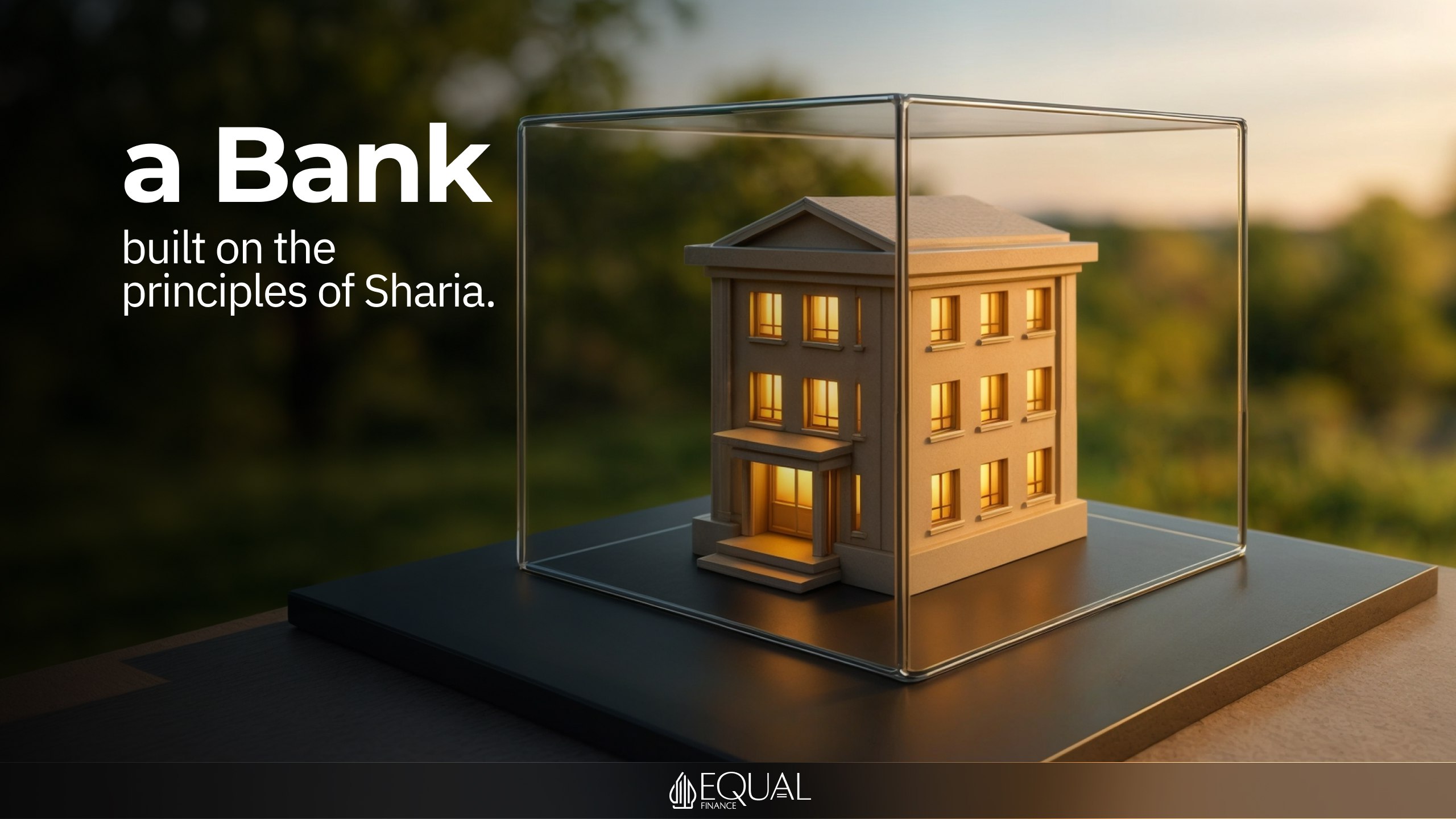What is Sharia in the Financial Context?
Sharia is the Islamic legal framework, drawn from the Quran, the Prophet Muhammad’s hadiths, and scholarly interpretations, guiding all life aspects, including banking. In the Islamic banking sector, Sharia establishes ethical and religious standards, setting it apart from conventional systems. Its core aim is to promote fairness, transparency, and prevent exploitation in financial transactions. Key tenets ban interest (riba), gambling (maisir), and uncertainty (gharar), while prioritizing real assets.
These rules originated in early Islam, when trade dominated Arabia, but usury was condemned as unjust. Modern Islamic banks began applying Sharia in the 20th century, tailoring it to global markets. The Mit Ghamr Savings Bank in Egypt, launched in 1963, pioneered this shift. Sharia now drives a sector gaining worldwide recognition for its growth.
Historically, Sharia evolved through trade practices like caravan partnerships, sharing profits without interest. In the 1970s, banks in Saudi Arabia and Pakistan built on this, expanding the model. Sharia boards—experts in Islamic law—became essential, ensuring compliance across products. This positions Sharia as a foundation for ethical banking, appealing across cultures.
Key Sharia Principles in Banking
Sharia’s ban on riba eliminates interest, seen as exploitative, favoring profit-sharing like mudaraba and musharaka. In mudaraba, a client invests capital, the bank manages it, and profits are split per agreement. Musharaka offers co-ownership, balancing risks and rewards between parties. This fosters partnership over creditor-debtor dynamics, aligning with Islamic values.
Maisir bars speculative ventures, such as baseless derivatives, tying banking to real economic activity. Gharar mandates clear deal terms—price, timing, and scope—avoiding ambiguity. Investments in haram sectors like alcohol or gambling are prohibited, redirecting funds to ethical areas like tech or healthcare. Operations must anchor in tangible assets, reducing financial volatility and boosting resilience.
Sharia boards certify everything from savings accounts to project funding, ensuring adherence. UAE’s ADIB, for instance, offers deposits yielding returns from real estate investments, not interest. These principles shone during the 2008 crisis, with Islamic banks faring better than peers. Their ethical stance draws non-Muslims seeking responsible banking options.
How Banks Apply Sharia in Practice?
Islamic banks swap interest loans for tools like ijara and murabaha, upholding Sharia integrity. In ijara, the bank buys an asset—say, machinery—and leases it to clients with a buyout option. Murabaha involves purchasing goods and reselling them with a markup, bypassing interest. Both methods finance needs while honoring religious rules, fitting seamlessly into daily banking.
Musharaka supports big projects: banks and clients co-own assets, sharing profits and risks. Qatar’s Masraf Al Rayan funded a mall via musharaka, splitting gains with developers. Deposits yield returns from halal investments, not fixed rates—Saudi Arabia’s Al Rajhi Bank ties savings to project profits. This links banking to real-world outcomes, enhancing transparency.
Takaful pools funds for mutual aid, redistributing surpluses among participants, unlike conventional insurance. Sukuk finance infrastructure—Turkey’s $1.5 billion issuance in 2018 built roads. Malaysia’s Bank Negara uses Sharia tools to manage market liquidity. These practices show Sharia’s practical role in fostering economic growth.
Advantages and Challenges of Sharia in Banking
Sharia lends Islamic banks resilience, dodging speculative pitfalls, as proven in the 2008 crisis with fewer losses. Their asset-backed nature curbs vulnerability, appealing to stability-focused investors. Sharia’s ethics—banning haram sectors and emphasizing fairness—lure socially conscious clients. The 1.8 billion Muslim population fuels demand for halal banking globally.
Cities like London and Hong Kong adopt Sharia products, tapping their potential. In 2023, global sukuk issuances topped $170 billion, signaling robust market growth (S&P Global). The World Bank backs the sector for poverty alleviation and development. This growth underscores its rising global clout.
Challenges include resource-heavy Sharia compliance, requiring audits and boards. Differing Sharia views—Malaysia versus Gulf states—complicate standardization. Sukuk’s thin secondary market limits liquidity, while a talent shortage slows expansion. Fintech, however, is easing these hurdles with digital solutions.
Sharia also draws capital to emerging markets—Sudan’s banks fund farmers via murabaha. In India, Sharia cooperatives thrive despite regulatory gaps, serving millions. These cases highlight Sharia’s adaptability across contexts. Its ethical pull strengthens its case in diverse economies.
The Future of Sharia in Banking
Sharia adapts to modern needs like sustainability and tech in banking. «Green» sukuk, like Indonesia’s $750 million issuance in 2021, fund eco-projects, broadening appeal. Digital banks like Nigeria’s Jaiz Bank offer Sharia services via apps, reaching younger users. This extends Sharia’s footprint beyond traditional regions effectively.
Regulators like Bahrain’s central bank craft standards, aiding global integration. Universities in Malaysia and the UK train Islamic banking talent, filling skill gaps. Major banks like Citi test Sharia offerings, eyeing their promise. Sharia blends tradition with innovation, shaping banking’s future.
Pakistan aims for a full Sharia system by 2023, reflecting cultural momentum. Southeast Asia’s fintech, like Funding Societies, boosts Sharia microfinance for small firms. The UAE leverages sukuk for global projects, attracting foreign funds. Sharia’s future lies in merging ethics with economic progress worldwide.


